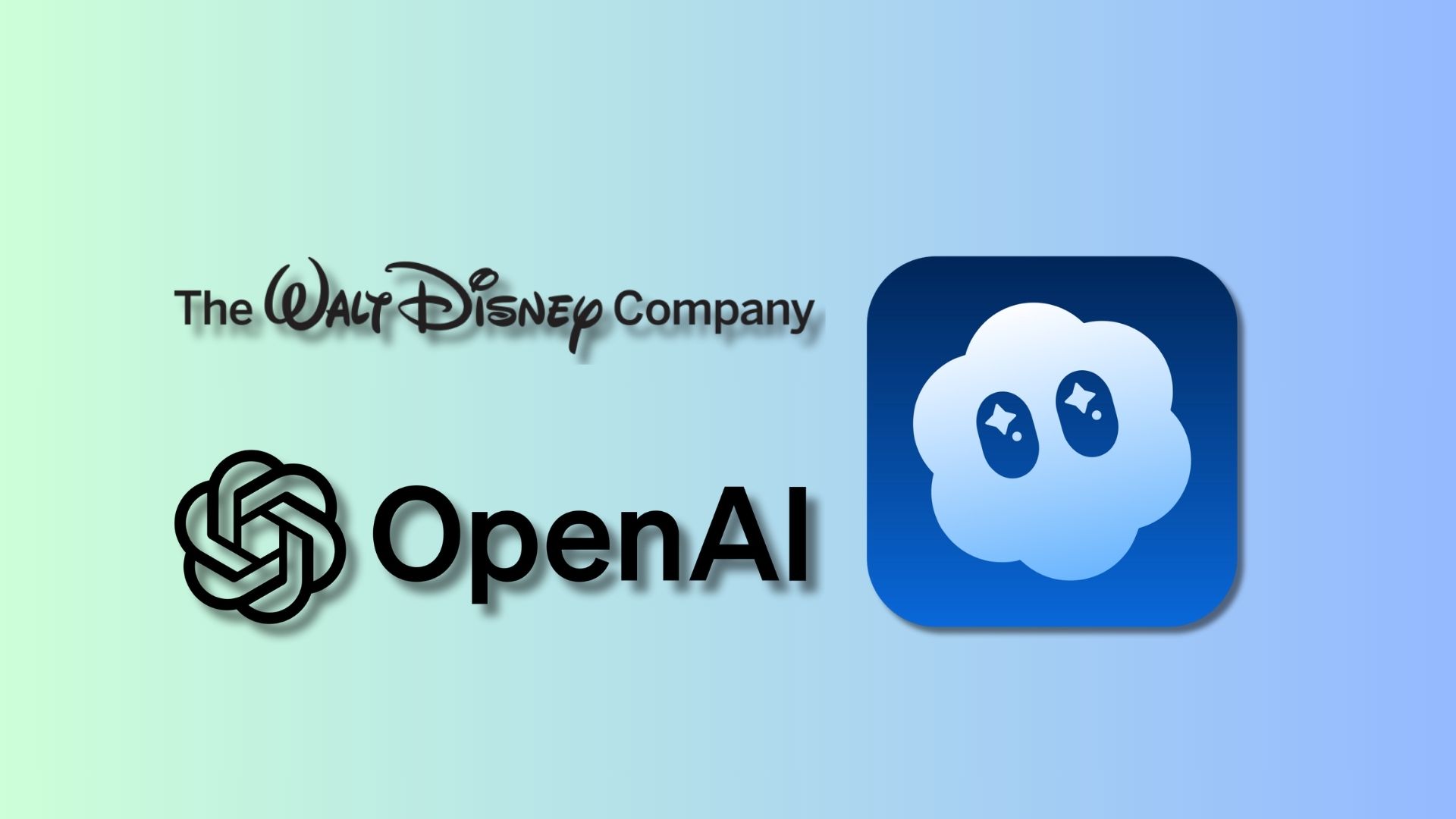The Walt Disney Company has struck a landmark agreement with OpenAI, becoming the first major content licensing partner on Sora, the AI company’s short-form generative video platform.
Under the three-year deal, Sora will generate short videos using more than 200 animated and creature characters from Disney, Pixar, Marvel, and Star Wars. The licence also covers ChatGPT Images, excluding talent likenesses and voices.
Beyond licensing, Disney will become a major OpenAI customer, using its APIs to develop new products and experiences, including for Disney+, while deploying ChatGPT internally across its workforce. Disney will also make a $1 billion equity investment in OpenAI and receive warrants for additional shares.
Both companies frame the partnership as a test case for responsible AI in creative industries. Executives say the agreement is designed to expand storytelling possibilities while protecting creators’ rights, user safety, and intellectual property across platforms.
Subject to final approvals, Sora-generated Disney content is expected to begin rolling out in early 2026. Curated selections may appear on Disney+, marking a new phase in how established entertainment brands engage with generative AI tools.
Would you like to learn more about AI, tech, and digital diplomacy? If so, ask our Diplo chatbot!









